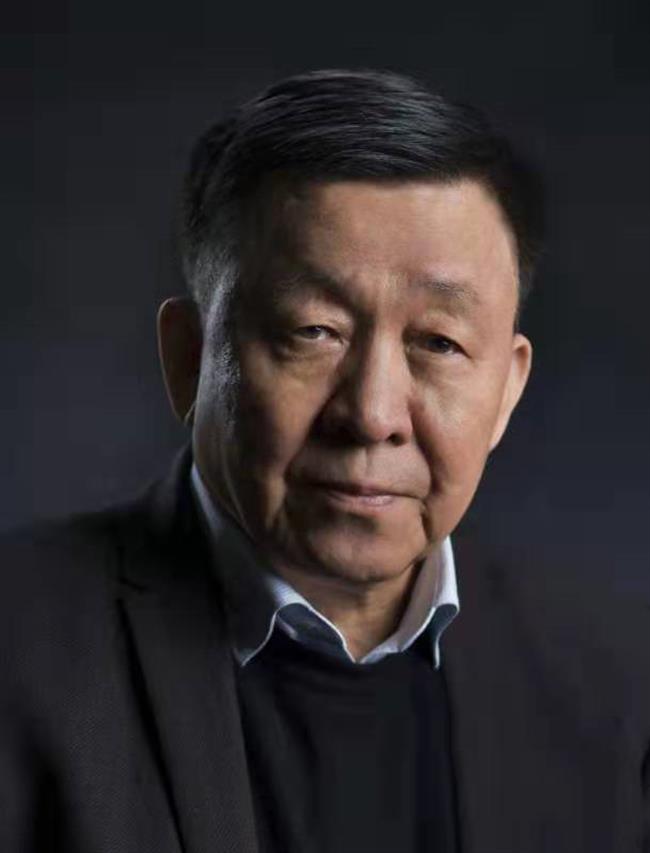Promoting a conciliatory spirit is critical to defusing crises
At a time of heightened global tensions, the role of traditional Chinese wisdom in promoting a conciliatory spirit has never been greater.
The historical Chinese belief that disputes can be resolved through reconciliation is deeply rooted in Chinese philosophy. A conciliatory spirit is critical to defusing crises facing mankind as well as constructing what President Xi Jinping called a “community of a shared future.”
Disputes often stem from myriad differences — ethnic, regional, gender, linguistic, etc.
In the prehistoric era, human communities were small and scattered. Geographical isolation made differences negligible. But in the aftermath of the Industrial Revolution, a capitalist world market was formed, a process that brought regional and national differences out into the open.
Consequently, an upsurge of nationalism led to the awakening of many peoples and ethnic groups.
Nationalism has its downside, though, in that it divides people into “us” and “them,” “insider” and “outsider,” and to borrow the sociological phrase, “self” and “the other.”
Globalization has brought people closer and made them more interdependent, but it also brings with it a host of religious, cultural, ideological, population and immigration problems. Simply put, mankind was confronted with ideological divisions and a yawning wealth gap.
Differences per se do not pose a risk, but they do become one if mishandled.
Differences are paradoxical in nature. On the one hand, they promote integration, innovation and development. On the other, they spur alienation and confrontation.
In his seminal work “The Clash of Civilizations,” the late American political scientist Samuel Huntington nailed down the causes of human differences and their build-up to division, separation, disintegration, suspicion, rift, resentment, rivalry and conflicts.
He believed that human societies are separated along cultural and civilizational lines.
As a Western scholar, Huntington’s study is doubtlessly Western-centric. But we have to admit that his observations are, to some extent, spot on.
He informed us that all the political, economic and social differences can be tracked down to cultural differences. As a consequence, cultural differences are fundamental.
After the Cold War, the world appears to be divided into seven distinct civilizations: Chinese, Japanese, Hindu, Islam, Western, Latin American, and African.

Wang Shi, a senior scholar, is president of the Chinese Culture Promotion Society.
The meeting of minds
Nonetheless, Huntington’s Western-centric stance and anxieties made it impossible for him to ditch an “us” versus “them” mindset. For example, he argued that Western and Chinese civilizations have little in common and clashes are inevitable.
But we Chinese think differently. A common theme running through ancient Chinese schools of thought is that all humans have more in common than what divides us. Our ancestors have adopted this notion as the guiding principle in their approach to dealing with differences.
This belief serves as the underpinning of activities promoting the exchange of cultures, a dialogue between civilizations and the meeting of minds.
Another lesson to be drawn from ancient Chinese teachings on human commonality is that we should not treat other cultures as though they were completely different or antagonistic to ours. Nor should we indulge in self-importance that our culture is the best. As a matter of fact, cultures should be regarded as equal. The goal of making a culture more global is to foster mutual understanding and respect, so as to facilitate cooperation and integration, rather than to save, displace or conquer other cultures.
Diversity and pluralism are both heavily bandied about in current discussions about culture. In an age of globalization, many commentators fear that cultures will become homogenous if we do not stress the need to retain uniqueness. Their fears are misplaced. The fusion of distinct cultures will only spur diversity.
For example, oil paintings, ballet, symphony and movies are all Western import, but their introduction to China didn’t spell the end of local art forms. Instead, they produced new genres.
Similarly, when Chinese musical instruments like pipa and erhu met Western symphony, they combined to create many concertos featuring the best of both worlds. In fact, it is more than just a mingling of two forms, rather, a transcending of the original artistic expression.
Chinese visionaries have all along aspired to datong, or great harmony. This has been the pursuit of thinkers and politicians including Confucius, Sun Yat-sen and Mao Zedong. Whether and when we can succeed in this goal is beside the question; what matters is that we bear this in mind and strive for it.
Late Chinese thinker Zhou Youguang once asserted that “in the age of globalization, countries will enter an era of dual cultures, namely, global modern culture and regional traditional culture.”
I reckoned that by “global modern culture” he meant a global culture of the people, by the people, and for the people. It is synonymous with the culture of great harmony.
Today, when we seek a way of resolving disputes and achieving harmony, we may invoke the wisdom of our forebears.
Reconciliation can mean laying to rest old resentments, often with a handshake or a smile that turns foe into friend. But in my opinion, any efforts at reconciliation — concessions and compromise, tolerance and understanding, patience and waiting — all deserve praises.
In the absence of a way to resolve disputes, the willingness to shelve differences, maintain the status-quo and control risks are also an early sign of the reconciliation process.
To sum up, since reconciliation is the only desirable goal, let’s believe that human wisdom and rationality will ultimately show us a path toward regeneration and happiness of the human species.
The author is president of the Chinese Culture Promotion Society. The article is based on a talk he delivered at The Institute for Advanced Studies of Arts and Humanities on December 18, 2018. Shanghai Daily reporter Ni Tao translated it from his speech in Chinese.















